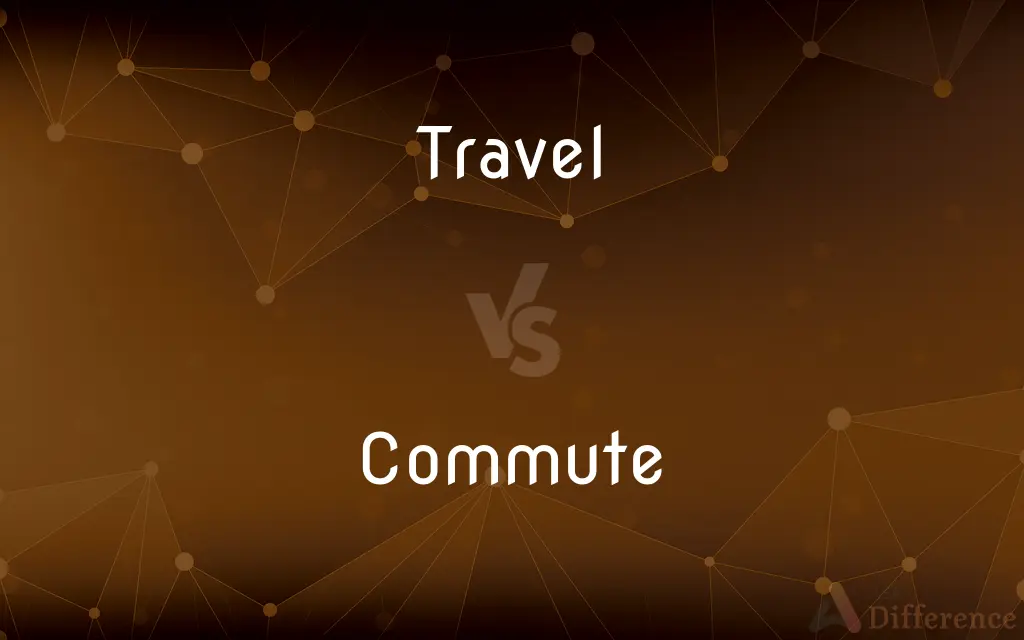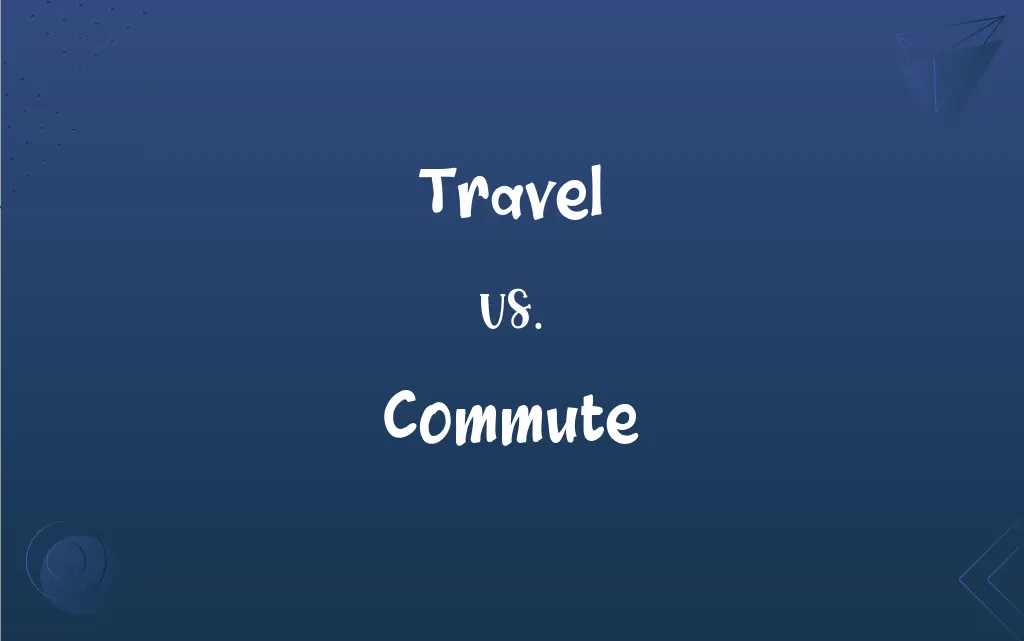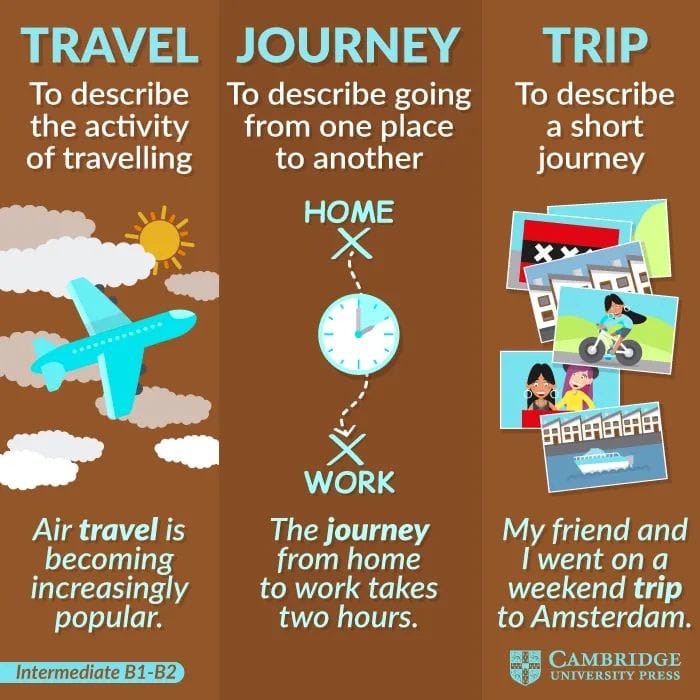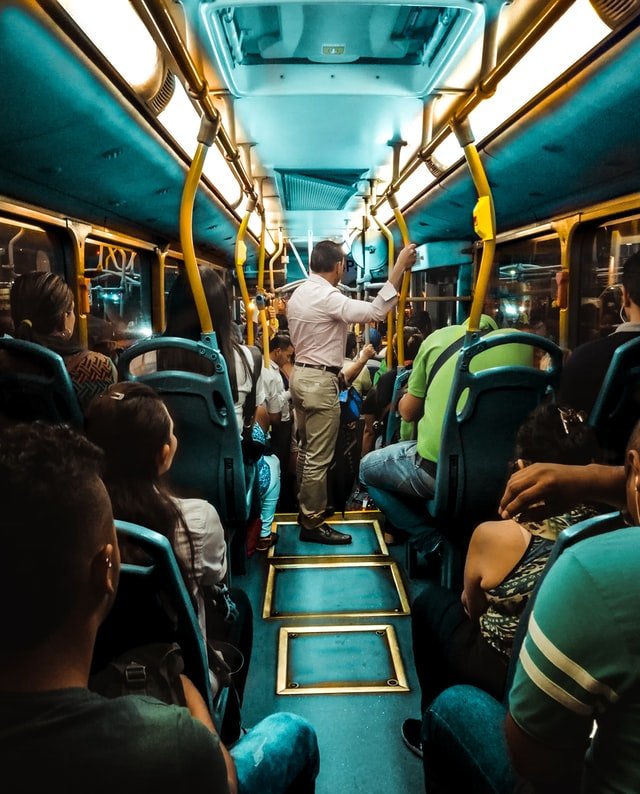Travel Vs Commute: Understanding The Differences And Benefits
Share

When it comes to getting from one place to another, the terms "travel" and "commute" often come up. While they may seem similar, they represent two distinct experiences that can significantly impact our lives. Understanding the differences between travel and commute can help you make informed decisions about how you spend your time and resources.
What is Travel?
Travel typically refers to the act of moving from one location to another for leisure, exploration, or adventure. It often involves longer distances and can include various modes of transportation such as planes, trains, cars, or even walking. Travel is usually associated with a sense of excitement and discovery, as it allows individuals to experience new cultures, cuisines, and landscapes.
Local Attractions
When you travel, you have the opportunity to visit local attractions that showcase the unique character of a destination. For instance, if you find yourself in Paris, you can marvel at the Eiffel Tower, explore the Louvre Museum, or stroll along the Seine River. Each city has its own set of must-see landmarks that can enrich your travel experience.
Cuisine
One of the most enjoyable aspects of travel is indulging in local cuisine. Every region has its own culinary specialties that reflect its culture and history. In Italy, you might savor authentic pasta dishes, while in Thailand, you could enjoy the vibrant flavors of street food. Trying local dishes not only satisfies your taste buds but also provides insight into the traditions and customs of the area.
Accommodations
Traveling often involves staying in various types of accommodations, from luxury hotels to cozy bed-and-breakfasts. Each option offers a different experience, allowing you to choose what best suits your needs and preferences. Websites like Hotels & Flights can help you find the perfect place to stay, ensuring a comfortable and enjoyable trip.
Unique Experiences
Travel is also about creating unique experiences that you can cherish for a lifetime. Whether it's taking a hot air balloon ride over Cappadocia, hiking the Inca Trail to Machu Picchu, or attending a traditional tea ceremony in Japan, these moments can leave a lasting impression and broaden your perspective.

What is Commute?
On the other hand, commuting refers to the regular travel between one's home and workplace. This journey is often shorter in distance and is typically done on a daily basis. Commuting can involve various modes of transportation, including cars, buses, trains, or bicycles. Unlike travel, commuting is often seen as a necessity rather than a leisure activity.
Daily Routine
Commuting is an integral part of many people's daily routines. It can be a time-consuming process, especially in urban areas where traffic congestion is common. Understanding your commute can help you plan your day more effectively, allowing you to allocate time for work, family, and personal activities.
Local Attractions
While commuting may not offer the same opportunities for exploration as travel, it can still provide glimpses of local attractions. For instance, your daily route might take you past a beautiful park, a historic building, or a vibrant market. Taking the time to appreciate these sights can make your commute more enjoyable.
Cuisine
Commuting can also present opportunities to discover local eateries. Many commuters find themselves stopping for coffee or breakfast at nearby cafes or grabbing lunch from food trucks. These small culinary experiences can add variety to your daily routine and introduce you to new flavors.
Accommodations
Unlike travel, commuting does not typically involve overnight stays. However, some individuals may choose to stay in accommodations closer to their workplace to reduce travel time. This can be particularly beneficial for those who work in high-demand cities where housing is expensive.

The Impact of Travel and Commute on Lifestyle
Both travel and commuting play significant roles in shaping our lifestyles. Travel allows us to break away from our daily routines, providing a sense of adventure and relaxation. In contrast, commuting is often viewed as a necessary part of professional life, which can sometimes lead to stress and fatigue.
Balancing Both
Finding a balance between travel and commute is essential for maintaining a healthy lifestyle. While commuting may be unavoidable for many, incorporating travel into your schedule can provide much-needed respite. Consider planning weekend getaways or vacations to recharge and experience new places.
Making the Most of Your Time
Whether you are traveling or commuting, making the most of your time is crucial. For commuters, this might mean listening to podcasts, reading, or even meditating during the journey. For travelers, it could involve planning itineraries that maximize your experiences while allowing for relaxation.

Conclusion
In summary, understanding the differences between travel and commute can help you appreciate the unique aspects of each experience. While travel offers opportunities for adventure and cultural immersion, commuting is a necessary part of daily life that can also provide moments of enjoyment. By recognizing the value of both, you can create a more fulfilling lifestyle.
If you're ready to plan your next adventure or need to book accommodations for your commute, check out Hotels & Flights for great deals and options. For those looking for convenient transportation solutions, consider Transfers to make your journey smoother. Happy travels!




